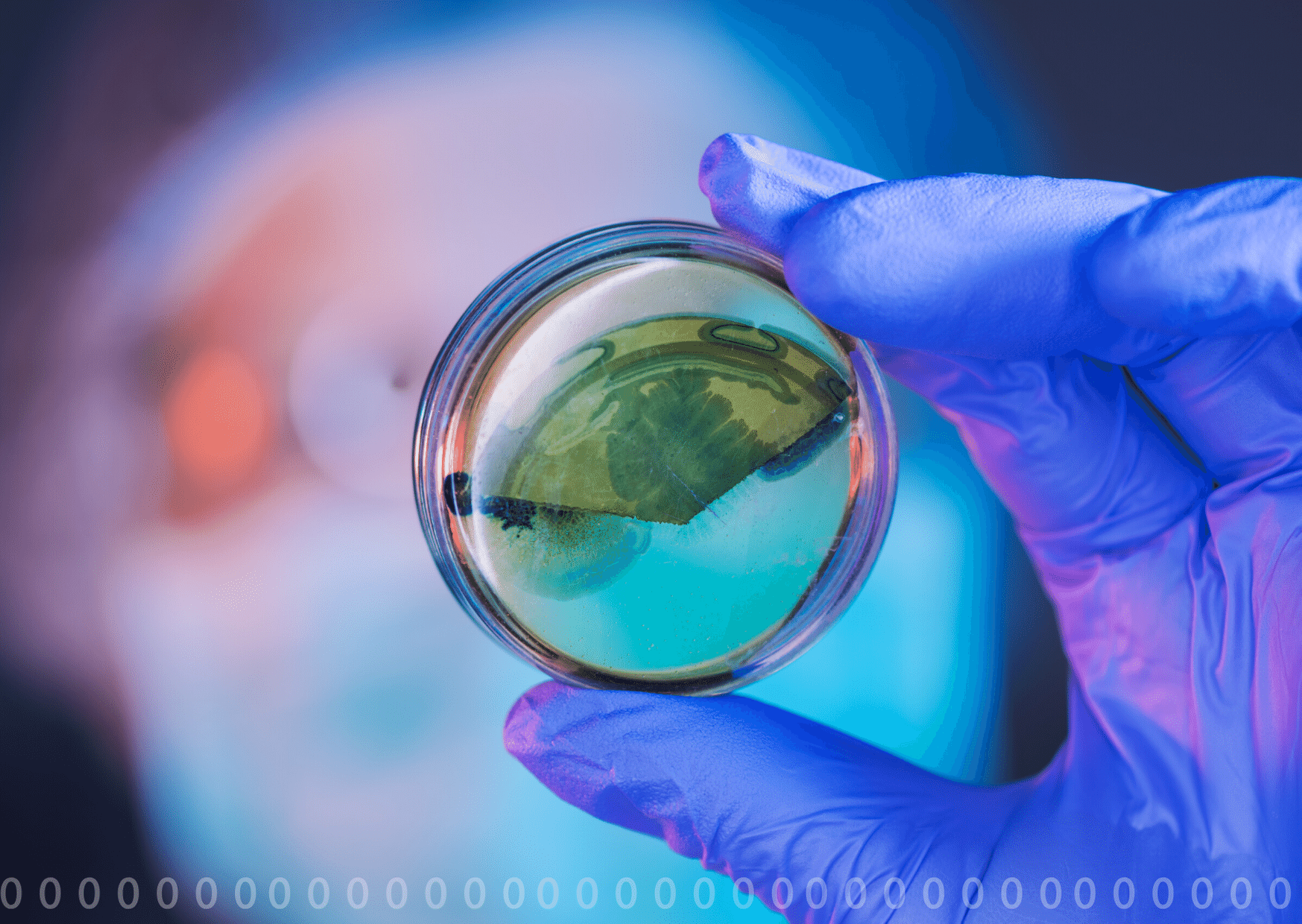Increasing Life Expectancy and The Challenges of an Elderly Population
“150 years ago our life expectancy was just over 40 years old. Now it’s just over 80. How did this change occur, how might life expectancy increase further, and what challenges may an increasingly elderly population bring?”
In this masterclass, we begin with a discussion on how life expectancy has changed over time, and how it continues to change. We go on to discuss how despite medicine’s best efforts, death is unfortunately inevitable: how might modern medicine recognise this, and how should we approach the topic of death and dying in the future? This should be a key area of interest for prospective university applicants.
Host: Harry is currently studying Medicine at Trinity College, Cambridge, having graduated with a First Class degree in Neuroscience. He is recipient of the Trinity College "Rashbass prize" for Medical Sciences and Physiology.
Duration: Suggested 1-2hrs, depending on the level of detail the student desires.
“150 years ago our life expectancy was just over 40 years old. Now it’s just over 80. How did this change occur, how might life expectancy increase further, and what challenges may an increasingly elderly population bring?”
In this masterclass, we begin with a discussion on how life expectancy has changed over time, and how it continues to change. We go on to discuss how despite medicine’s best efforts, death is unfortunately inevitable: how might modern medicine recognise this, and how should we approach the topic of death and dying in the future? This should be a key area of interest for prospective university applicants.
Host: Harry is currently studying Medicine at Trinity College, Cambridge, having graduated with a First Class degree in Neuroscience. He is recipient of the Trinity College "Rashbass prize" for Medical Sciences and Physiology.
Duration: Suggested 1-2hrs, depending on the level of detail the student desires.
“150 years ago our life expectancy was just over 40 years old. Now it’s just over 80. How did this change occur, how might life expectancy increase further, and what challenges may an increasingly elderly population bring?”
In this masterclass, we begin with a discussion on how life expectancy has changed over time, and how it continues to change. We go on to discuss how despite medicine’s best efforts, death is unfortunately inevitable: how might modern medicine recognise this, and how should we approach the topic of death and dying in the future? This should be a key area of interest for prospective university applicants.
Host: Harry is currently studying Medicine at Trinity College, Cambridge, having graduated with a First Class degree in Neuroscience. He is recipient of the Trinity College "Rashbass prize" for Medical Sciences and Physiology.
Duration: Suggested 1-2hrs, depending on the level of detail the student desires.





